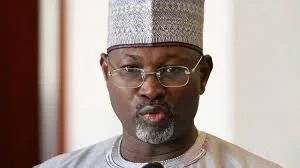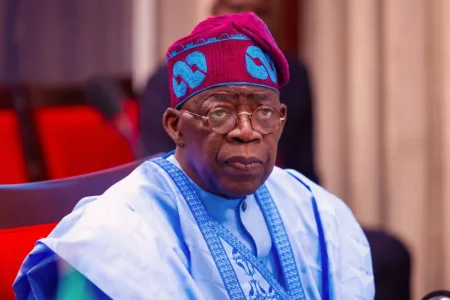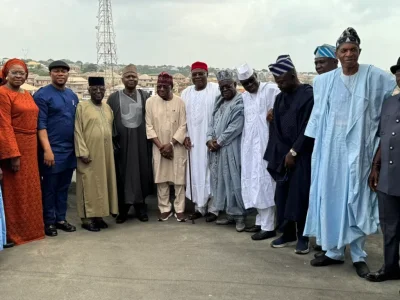
Former Independent National Electoral Commission (INEC) Chairman, Professor Attahiru Jega, has called for a swift review of the appointments of ten Resident Electoral Commissioners (RECs), one month after their confirmation by the Senate. The controversy surrounding the appointments, nominated by President Bola Tinubu, has intensified amid accusations of partisanship.
Jega, known for overseeing the landmark 2015 elections, voiced his concerns on Channels Television's Politics Today, urging President Tinubu to reevaluate the appointments due to apparent partisan inclinations among the newly confirmed RECs. Critics had previously raised objections, claiming that some appointees were deeply entwined in partisan politics.
"I think there is no doubt that if the President were listening, my advice would be to immediately review the appointment of the Resident Electoral Commissioners that was passed by the Senate recently," Jega emphasized during the interview. He pointed out the potential harm to the government's credibility in its commitment to enhancing the integrity of elections, highlighting the importance of safeguarding the independence and impartiality of the election management body.
Jega suggested that President Tinubu might not have been adequately informed about the nominees, stating, "I would want to believe that Mr. President was either misinformed or is not really furnished with all the necessary details with regards to these appointments." He stressed the urgency of a thorough review, asserting that it is not too late to rectify any appointments found to be in violation of legal provisions.
Despite widespread accusations of partisanship, the Senate proceeded to confirm the INEC RECs. Jega, however, criticized the swift approval process, calling for a more diligent approach in the future. He highlighted the Senate's crucial role in scrutinizing appointments, emphasizing the need for thorough reviews by relevant committees before presenting recommendations to the plenary.
As the nation grapples with the aftermath of these controversial appointments, the story sheds light on the delicate balance between political influence and the imperative for impartial electoral processes in Nigeria's democratic landscape. The call for a review echoes broader concerns about the credibility of electoral bodies and their ability to ensure fair and transparent elections in the face of political pressures.




